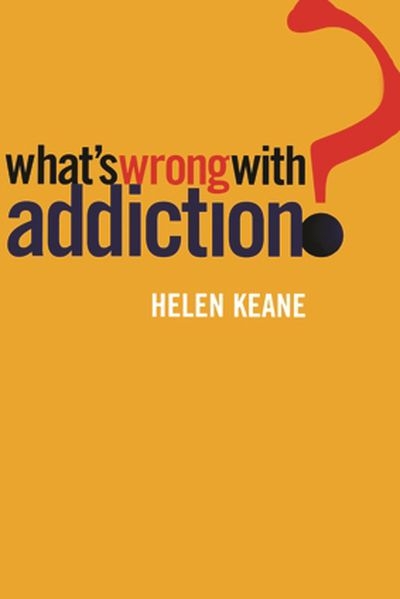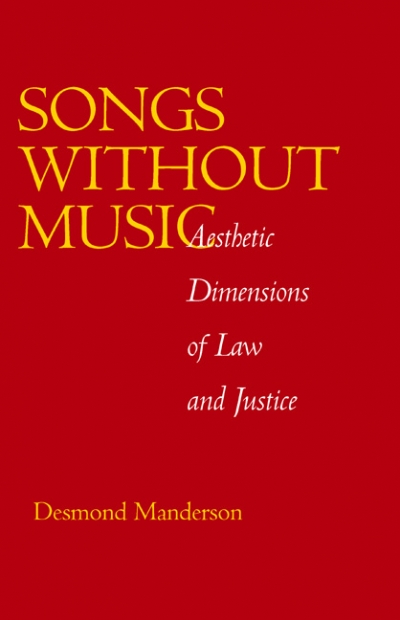Desmond Manderson
From the age of fifteen until his recent death at the age of seventy-four, the great Yolngu leader Yunupingu (1948–2023) was at the forefront of the struggle to change the Australian legal system in unprecedented ways. In 1963, with his father, Mungurrawuy, he drafted the Yirrkala Bark Petition, which presented to Parliament an eloquent claim for the rights of the Indigenous peoples of Arnhem Land before their country was, without their consent, turned into a bauxite mine. The Bark Petition was no ordinary document. On the one hand, it uses the antiquated language of a traditional ‘humble petition’ to Parliament, concluding in forms of speech that have hardly changed since the seventeenth century: ‘And your petitioners as in duty bound will ever pray.’
... (read more)


